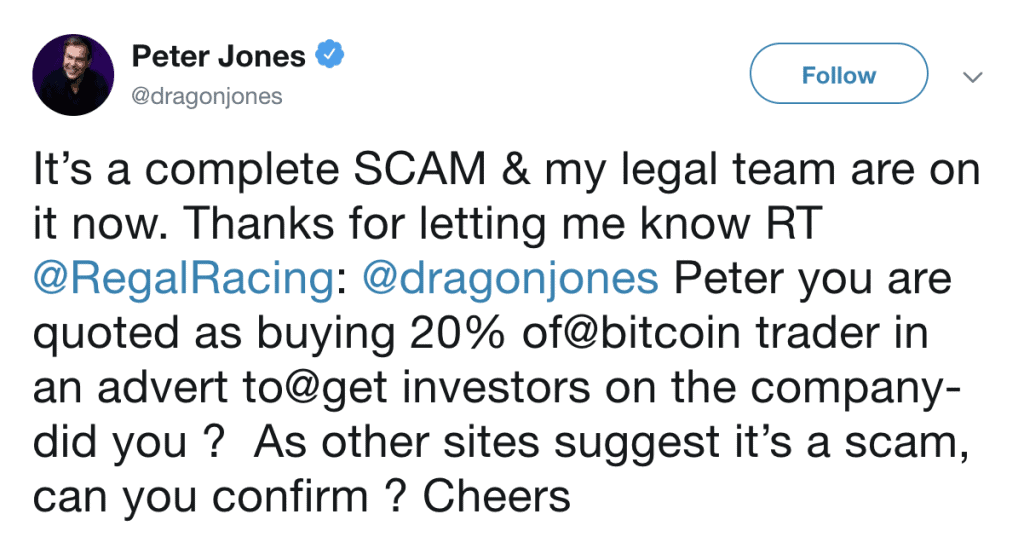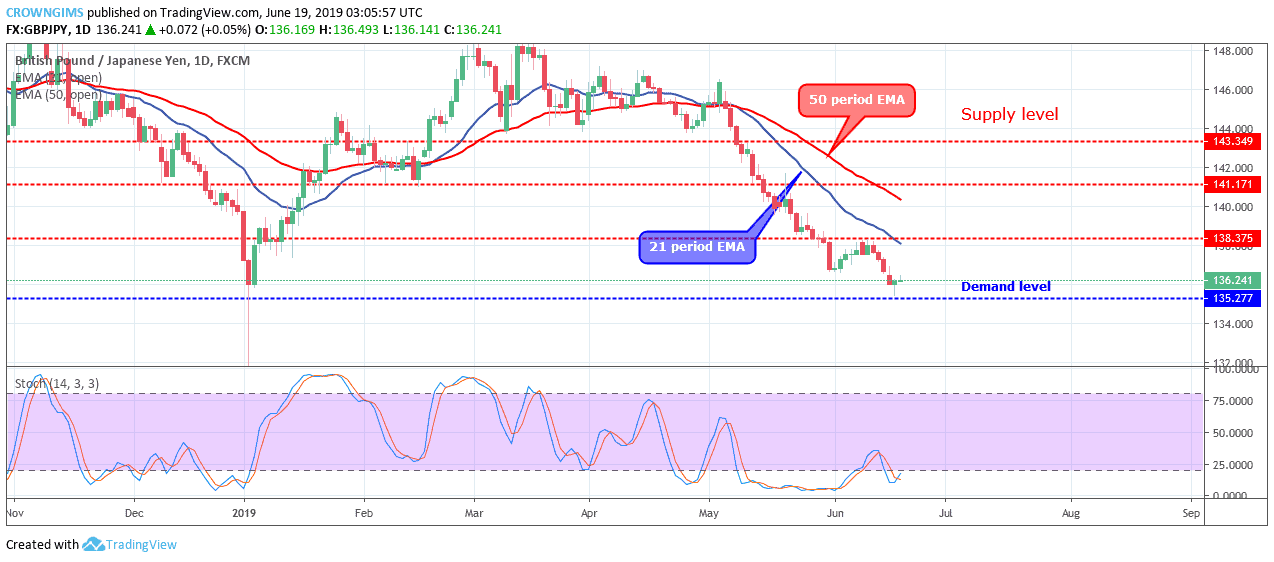Join Our Telegram channel to stay up to date on breaking news coverage
Bitcoin and cryptocurrency scams have garnered a lot of interest in the past few years mainly because of the amount of fraudulent money they’ve been able to steal from innocent investors; the most notable attempts for this has seemingly come from fake celebrity endorsements, a tactic that has stolen thousands of dollars from cryptocurrency users. Through these fake endorsements, scammers convince social media participants that if they send a certain address or person cryptocurrency, they will receive even more cryptocurrency in return; unfortunately, it’s just a flat out scam. We’ll overview how these scams are taking place, and what to look out for to avoid them.
Cryptocurrency Scams, Fake Elon Musk Accounts, and Lost Money
Cryptocurrency scams are fairly complex and are not like traditional money scams and ‘get rich quick schemes’, mainly because of the nature of how cryptocurrencies function. Since cryptocurrency transactions are irreversible, if an unsuspecting user of cryptocurrency ends up sending cryptocurrency to a fraudulent or scammer address, the process is immutable on the blockchain, which means it can’t be reversed. Also, cryptocurrency transactions can be transacted in a nearly entirely anonymous way, which means once the funds are sent to an address, it’s extremely difficult to find the actual perpetrator. Cryptocurrency addresses are equivalent to combinations of different letters and numbers, which makes the identification process even more difficult as identities on the blockchain are pseudonymous, nearly entirely.
As a result, as has been extensively reported, cryptocurrency scammers will fake identity, saying they are certain people, either celebrities or high-ranking cryptocurrency users, and convince social media users to send cryptocurrency to a certain address for a number of different reasons.

These false endorsements persuade users to send cryptocurrency to the indicated addresses for multiple reasons, namely because the username is ‘verified’ by Twitter. The verification check, which is the small blue check mark next to the user’s handle as shown in the image above, is representative of Twitter’ co-signing that they have reviewed the account in question, validated it as legitimate, and then confirmed it as who they claim to be. At least that’s what their public terms of service indicate. As a result, new users of cryptocurrency and users who have only basic experience when it comes to Twitter, fall susceptible to these claims and accounts because it was believed that Twitter had verified the account as legitimate, right? Unfortunately, these accounts can come under control by people with alternative intentions, which is what we saw with this particular Elon Musk account.
Fake Peter Jones Accounts Steal Thousands
Elon Musk isn’t the only well-known public figure that has been imitated on social media to steal thousands of dollars worth of cryptocurrency from novice tech users. Peter Jones, the entrepreneur, investor, and multi-startup founder, has taken quite a name for himself in the financial and technological environment and has made a large impact when it comes to social media such as Twitter. Peter Jones is also another account on Twitter with hundreds of thousands of followers and ‘verified’ account status; as a result, scammers created duplicate accounts looking to fake out users to warrant contributions from unsuspecting cryptocurrency users.
The attempts at imitating Peter Jones’ social media accounts to steal funds from newer, beginner cryptocurrency users got so avid that the entrepreneur himself had to address the scams himself as was indicated in his own public Tweet confirming he was not giving away or getting involved with any type of projects that were claiming to use his co-sign.
While Jones told the public that his legal team was working to get everything settled and figured out, it seems that in the meantime, hackers have continued to evolve, going as far as replicating entire websites, and multiple levels of social media accounts to try and impersonate the entrepreneur. His public confirmations also go to show that these attempts have gotten even more intense over the past months.
Why Users Can Fall Victim to These Scams
There are a few reasons why users can be so easily susceptible to scams such as the Peter Jones and Elon Musk impersonations and crypto scams; for starters, for new users of the internet and social media, if you see an account that is ‘verified’ by Twitter, has the same exact profile picture, and background that these celebrities have on all of their remaining social media accounts, you probably have no other choice (Unless you read articles and news sources beforehand) but to believe the legitimacy of these accounts.
Also, even if you’re a seasoned user of Twitter, if you see an account that’s verified by Twitter and is giving away this new type of currency you don’t know much about and is validated on the level that you know only legitimate users are, then you’ll probably believe the scam.
Now, take those factors into consideration with the massive learning curve present amongst millions of technology users when it comes to cryptocurrency-like frameworks. Combining these two factors, the new/novice users are truly at a loss unless they either read about scams such as these beforehand or have a close friend they speak with about the scam beforehand.

Not Falling Victim to These Types of Scams
These sorts of scams are very avid when it comes to the likes of impersonating figures like Elon Musk and Peter Jones, however, they’re possible and frequent amongst an increasing number of influencers, notable cryptocurrency and technological figures, and more. These scams can be conducted and ran by users claiming to be a number of different people in the atmosphere, it doesn’t just have to be Elon Musk or Peter Jones. As a result, it’s important to primarily acknowledge that scammers can impersonate any type of account or celebrity and pose as them on social media, which means you need to proceed on social media in cryptocurrency with caution. This means that prominent cryptocurrency spokespersons, entrepreneurs, and more, can all be impersonated.
It is important to note also, that 98%+ of the time or so when a post claims that if you send ‘x’ amount of cryptocurrency and are guaranteed ‘x% back’, this is a scam and is a plot to just get your initial investment; they don’t have any plans to return any type of investment to you, and they’re running any type of ‘guaranteed’ or ‘approved’ program for above-average returns. In cryptocurrency or any type of financial markets, any type of product or process that guarantees you above average returns guaranteed is almost in all cases a form of a scam. Otherwise, why wouldn’t they just run their own capital in this process for infinite returns? Exactly – it’s a scam.
Additionally, when it comes to these types of offerings, one of the most invaluable skills to be able to not fall susceptible to these types of scams, and many additional scams in similar environments is in-depth due diligence and research capabilities.
Completing due diligence on these types of projects that will warrant a sizable contribution from yourself would include:
- Thorough researching, Google search, and multiple third-party confirmations of the product/investment product at hand.
- Expanding one’s knowledge of prospective information when it comes to the type of offerings or products being introduced by the post at hand.
- Confirmation by not only 1 verified party, but multiple verified parties (All legitimate giveaways or equivalents will always validate giveaways and other events through multiple validated accounts).
- Background check on the accounts at-hand.
- See if there are any responses to these Tweets claiming it as a scam, etc.
Let’s apply a scenario that would incorporate all of the aforementioned due diligence in a scamming situation that would be apparent as was shown in the previous Elon Musk and Peter Jones scams:
We log in to Twitter and see a Tweet from a verified account claiming to be Peter Jones that says they are giving away over $500,000 in cryptocurrency; in order to get some ‘guaranteed’ crypto, you need to first send a minimum of $100 to an address. The Twitter account at hand is verified, which gives you further confidence that you can trust this offering. They claim after the crypto is sent and confirmed, you just need to wait and you’ll get double whatever you sent. You apply the first level of suggested due diligence that we’ve given: Research the offering at hand. After an initial Google search, you see the news headline ‘Look Out for Peter Jones Cryptocurrency Scams on Twitter.’ This is the first warning sign. Then, you google Peter Jones’ Twitter account and see that the actual Peter Jones account is different from the one claiming a giveaway, and this account hasn’t announced anything at all.
In the example above, we deducted basic due diligence to assess whether or not the offering/product at hand was really offering what it was claiming to offer. Whether or not it can be trusted as a legitimate ‘guaranteed’ celebrity event (Which is possible, but is rare). This process can be applied to a plethora of things, not just the Peter Jones instance; this can be used in terms of looking over prospective Ponzi schemes on the internet, illegitimate offerings, and more! However, applying this process to the case of Peter Jones would have saved cryptocurrency users thousands of dollars that are now gone forever to scammers.
Conclusion
Fake Elon Musk and Peter Jones Twitter accounts have solicited stolen funds, in the thousands of dollars area. While there might be some legitimately functioning giveaways and free awarding places in the cryptocurrency atmosphere (Such as the case with Bitcoin Faucets), they are highly sensitive topics and need to be approached clearly, especially when on social media.
FAQ About Celebrity Cryptocurrency Scams
Join Our Telegram channel to stay up to date on breaking news coverage



